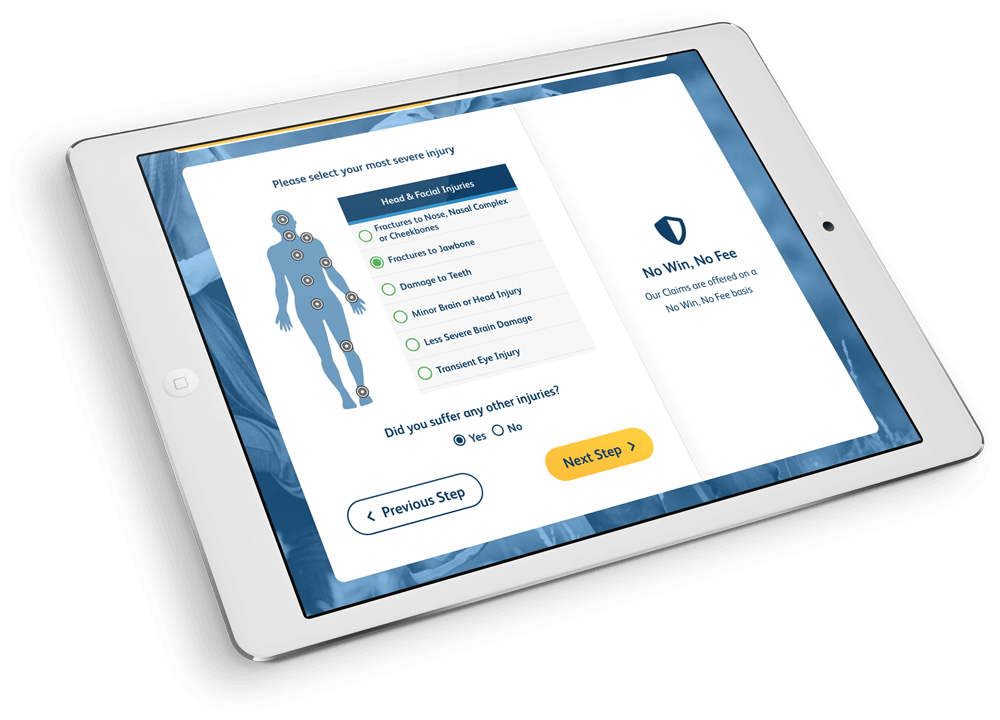Primary Biliary Cholangitis (PBC) – how to spot symptoms and avoid misdiagnosis
Affecting around 20,000 Brits each year, Primary Biliary Cholangitis (PBC) is a life-threatening, autoimmune disease that causes sufferers to develop the ‘liver of an alcoholic’, regardless of whether or not they drink alcohol.
But despite its clear symptoms, it is often mistakenly overlooked by doctors and misdiagnosed as the menopause or depression. Here, we take a look at how to spot the early warning signs of PBC and what to do if you are misdiagnosed.
WHAT IS PBC AND WHAT ARE THE SYMPTOMS?
PBC predominantly affects women aged between 40-55 years old, with symptoms that include fatigue and abdominal pain, meaning patients are often misdiagnosed with depression or the onset of menopause.
The disease causes the body’s immune system to attack the bile ducts in the liver, resulting in severe scarring and inflammation. As PBC progresses, patients may also experience increasingly severe symptoms of fever, itching, jaundice and shaking.
While the cause of PBC is not clear, it is thought to be a combination of subtle differences in how the immune system works.
If left untreated or allowed to reach advanced stages, PBC can be associated with other health issues. These include:
- Osteoporosis – weakened and brittle bones
- Portal hypertension – increased blood pressure inside the blood vessels in the abdomen
- Ascites – the build-up of fluid on the abdomen and around the intestines
- Vitamin deficiencies – including vitamins A, D, E and K
- Slightly increased risk of liver cancer
It’s therefore essential that PBC is spotted early, diagnosed quickly and treated effectively.
HOW IS PBC DIAGNOSED?
PBC can usually be diagnosed with a blood test and then followed up with an ultrasound scan to assess the liver and look at the bile ducts further. Sometimes, a liver biopsy is recommended to make sure the best treatment is given.
However, if PBC is not diagnosed early enough, it can mean severe liver damage. Sadly, around a third of women affected by PBC are not diagnosed within three years, while one in 10 fail to be diagnosed within five years, according to Dr Gideon Hirschfield, Consultant Hepatologist at University Hospitals Birmingham.

Senior woman suffering from stomach ache sitting on a bed in the bedroom. Photo of Senior woman sitting on her bed has a stomach ache in the bedroom. Senior woman suffering from stomach pain while sitting on a gray sofa during the day.
Dr Hirschfield said: “Making an early diagnosis is very important because, for the majority
of these women, there is effective treatment. For those who don’t respond to that treatment, there are lots of new drugs in the pipeline which we hope will help them in future.”
HOW DOES PBC GO UNNOTICED?
As mentioned, PBC can often go unnoticed or, more commonly, misdiagnosed, leaving patients’ symptoms to develop and cause further damage to their body.
A study carried out by the PBC Foundation looked at symptoms including dry eyes, dry mouth and tiredness in more than 200 patients, with sever itching also being reported. Findings showed that three-quarters of patients visited a GP within six months of spotting symptoms; however, only 45% of patients were diagnosed within six months, despite the disease being diagnosable with a simple blood test.
Collette Thain, founder of the PBC Foundation, whose condition went undiagnosed for almost eight years, said: “This survey shows PBC is going undiagnosed in a significant number of cases. PBC liver damage is as severe as that experienced by alcoholics, but has nothing to do with lifestyle.
“There needs to be more commitment to raising awareness among GPs and frontline healthcare professionals so that when high-risk women come in complaining of these symptoms, they are not assumed to be menopausal, or neurotic, but are correctly tested and treated.”
Without treatment, the liver can become severely damaged and stop working properly, with the potential to lead to liver failure.
However, this can be prevented with ursodeoxcholic acid (UDCA), which is the main treatment for those suffering from PBC. It can help prevent or delay liver damage in most people, especially if it’s taken early enough, although it doesn’t relieve some symptoms such as itching or fatigue.
Health and lifestyle changes can also help improve PBC and reduce the risk of it developing further. These include giving up smoking; maintaining a healthy weight and cutting down on alcohol intake.
WHAT FOLLOWS MISDIAGNOSIS?
While you’ll generally receive a good standard of care and attention when visiting medical professionals, conditions can go unnoticed or be misinterpreted, leading to misdiagnosis.
Our medical negligence team is committed to providing the support and expertise that you need to make a misdiagnosis claim.
We understand that it can be difficult to know how to make a claim against your GP for such sensitive matters and we’re passionate about making sure you secure the level of compensation that you deserve.
We will work closely with you to map out how the misdiagnosis arose and what could, or should, have been done better by your medical team, whether that relates to the interpretation of test results, the wrong treatment being recommended or perhaps a delayed diagnosis that caused further health issues.






